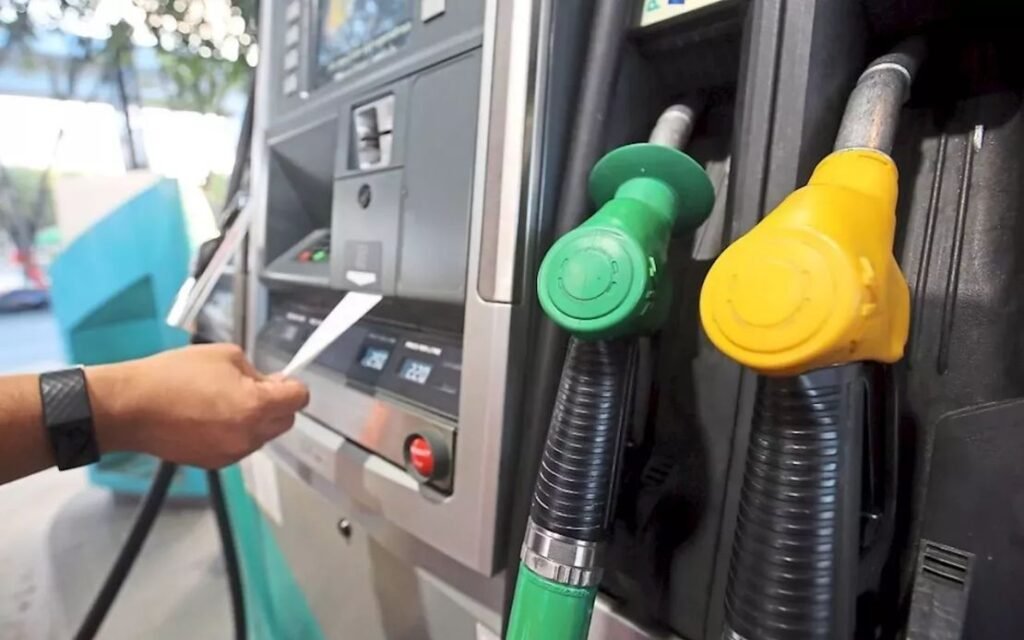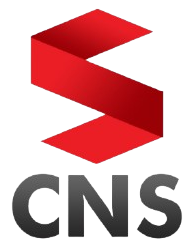
KUALA LUMPUR: The government is deliberating the integration of databases linked to identification cards, along with e-wallets and debit cards, as part of a two-tier pricing model for RON95 petrol subsidies.
According to Datuk Johan Mahmood Merican, treasury secretary-general of the Finance Ministry, it is vital to create a mechanism that mitigates subsidy leakages.
“The government is devoted to ensuring that Malaysians can continue to benefit from subsidies. The details of this system are still being worked on and require finalization, which is why Prime Minister Datuk Seri Anwar Ibrahim has indicated that we expect implementation around mid-next year,” he stated.
These comments were made during the Post-Budget 2025 Debate organized by the Malaysian Economic Association (MEA) on Monday (Oct 21).
Also present was MEA president Yeah Kim Leng.
The discussion was moderated by Tan Sri Sulaiman Mahbob, chairman of the Malaysian Institute of Economic Research board of trustees, with participants including Tan Sri Noor Azlan Ghazali, director of the Malaysian Inclusive Development and Management Institute, and Firdaos Rosli, chief economist at Ambank Group.
Johan compared the RON95 subsidy system to the diesel subsidy framework, suggesting that it might replicate the fleet card mechanism used in the Subsidised Diesel Control System (SKDS).
He pointed out that aligning pump prices with market rates is advantageous as it directly leads to a decrease in subsidy leakages.
“We witnessed leakages after the diesel subsidy mechanism was implemented, not only at borders but also in industries that should be buying at commercial prices.
“Nonetheless, we recorded a 30 percent decline in diesel sales at petrol stations along with increased commercial sales, which indicates that both issues are being effectively managed,” he concluded. – Bernama

